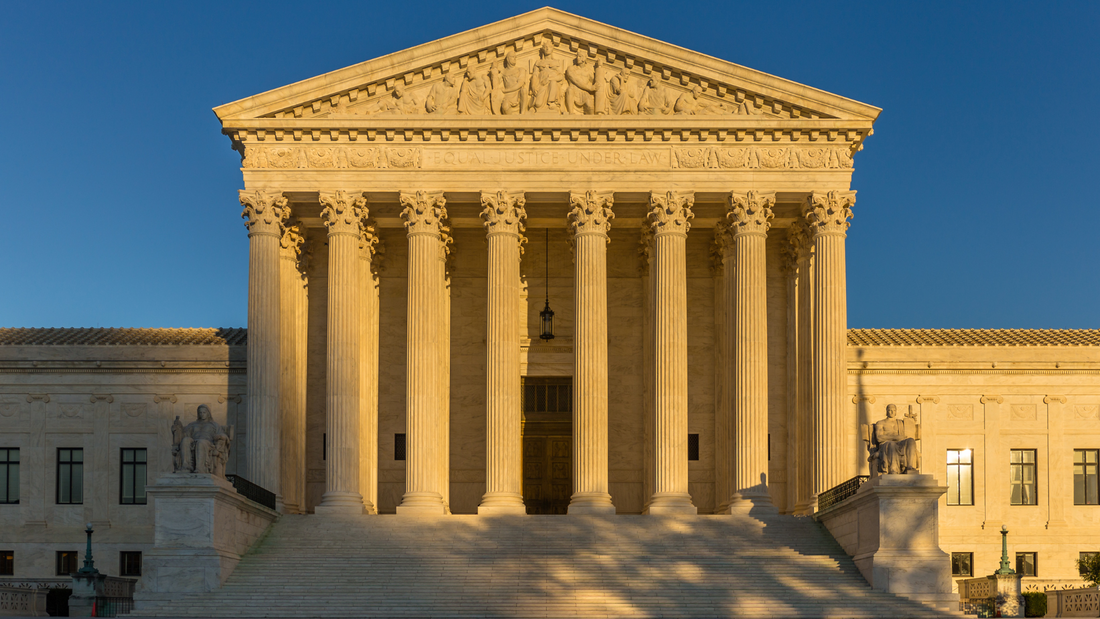Lindke v. Freed The U.S. Supreme Court is set to address several critical free-speech cases this session related to speech rights in the context of social media. One of those questions was recently settled, with the Court ruling on whether an official who blocks a member of the public from their social media account is engaging in a state action or acting as a private citizen. Answer: It depends on the context.
Writing for a unanimous Court in the case of Lindke v. Freed, Justice Amy Coney Barrett reaffirmed that members of the public can sue a public official where their actions are “attributable to the State” (consistent with U.S.C. §1983). In order to make that determination, the Court issued a new test, holding that: “A public official who prevents someone from commenting on the official’s social-media page engages in state action under §1983 only if the official both (1) possessed actual authority to speak on the State’s behalf on a particular matter, and (2) purported to exercise that authority when speaking in the relevant social-media posts.” This is a holistic analysis, consistent with the Protect The 1st amicus brief filed in O’Connor-Ratcliff v. Garnier. We argued that “no single factor is required to establish state action; rather, all relevant factors must be considered together to determine whether an account was operated under color of law.” That case, along with the Court’s banner case, Lindke v. Freed, is now vacated and remanded for new proceedings consistent with the Court’s novel test. When, as the Court acknowledges, “a government official posts about job-related topics on social media, it can be difficult to tell whether the speech is official or private.” So the Court set down rules. A state actor must have the actual authority – traced back to “statute, ordinance, regulation, custom, or usage” – to speak on behalf of the state. However, should an account be clearly designated as “personal,” an official “would be entitled to a heavy (though not irrebuttable) presumption that all of the posts on [their] page were personal.” In Lindke v. Freed, the public official’s Facebook account was neither designated as “personal” nor “official.” Therefore, a fact-specific analysis must be undertaken “in which posts’ content and function are the most important considerations.” As the Court explains: “A post that expressly invokes state authority to make an announcement not available elsewhere is official, while a post that merely repeats or shares otherwise available information is more likely personal. Lest any official lose the right to speak about public affairs in his personal capacity, the plaintiff must show that the official purports to exercise state authority in specific posts.” When a public official blocks a citizen from commenting on any of his posts on a “mixed-use” social media account, he risks liability for those that are professional in nature. Justice Barrett writes that a “public official who fails to keep personal posts in a clearly designated personal account therefore exposes himself to greater potential liability.” It's always been good policy to keep official and private accounts separate. The public must be able to have access to government-issued information, whether through a social media account or a public notice posted on the door of a government building. Moreover, citizens should be able to speak on issues of public concern, whether through Facebook or in a public square. Officials – presidents and former presidents included – should take note. Comments are closed.
|
Archives
June 2024
Categories
All
|
ABOUT |
ISSUES |
TAKE ACTION |



 RSS Feed
RSS Feed